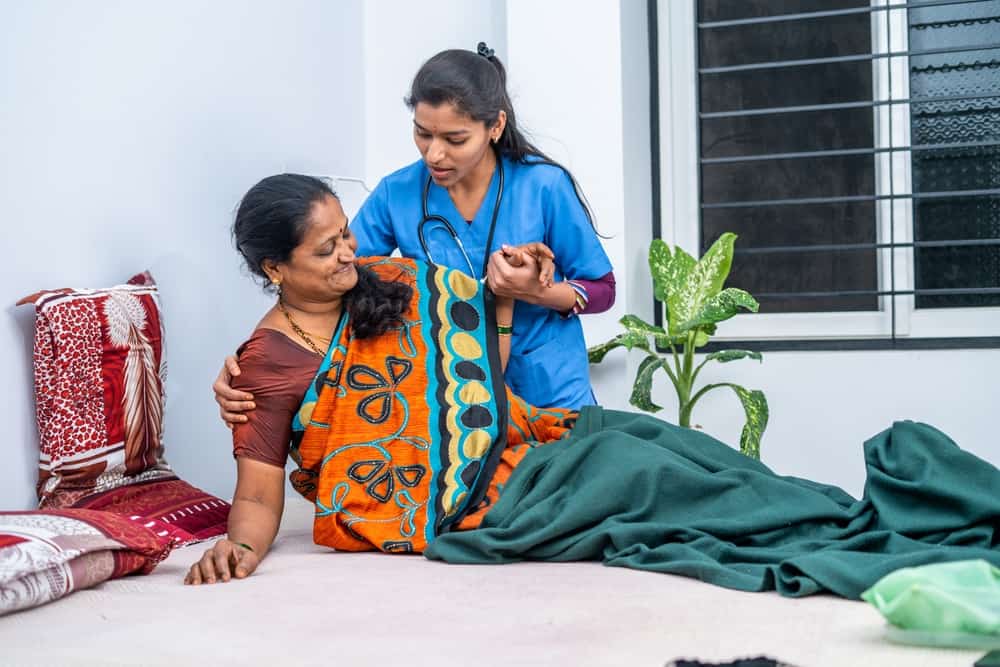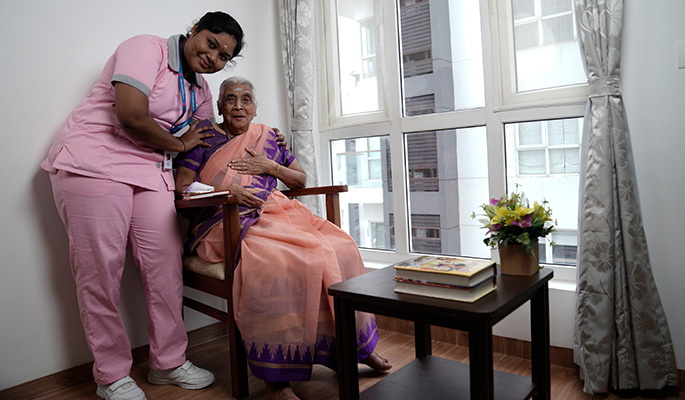Elevating Healthcare Accessibility: The Role of Home Health Aides in Bangladesh
In Bangladesh, the demand for home health aides is steadily rising as the population ages and the need for personalized healthcare services grows. Home health aides play a crucial role in bridging the gap between patients and healthcare facilities, providing essential medical and non-medical assistance to individuals in the comfort of their homes.
Home health aides in Bangladesh offer a wide range of services tailored to meet the specific needs of patients. From assisting with activities of daily living such as bathing, dressing, and meal preparation to administering medication and monitoring vital signs, these caregivers ensure that patients receive comprehensive and personalized care without the need for hospitalization.
One of the key benefits of home health aides is their ability to promote independence and autonomy among patients. By enabling individuals to remain in their familiar environment while receiving necessary care, home health aides help maintain a sense of normalcy and dignity for patients, particularly the elderly and those with chronic illnesses.
Moreover, home health aides play a vital role in preventing hospital readmissions and reducing healthcare costs. Through regular monitoring and early intervention, these caregivers can identify potential health issues and address them promptly, thereby minimizing the need for emergency hospitalization and costly medical interventions.
In addition to their medical duties, home health aides also provide valuable emotional support and companionship to patients. Many individuals receiving home care services in Bangladesh may feel isolated or lonely, especially if they are living alone or coping with a chronic illness. Home health aides offer companionship, conversation, and encouragement, contributing to the overall well-being and mental health of patients.
However, despite their invaluable contributions, home health aides in Bangladesh face several challenges, including inadequate training, low wages, and limited recognition of their profession. Addressing these challenges requires concerted efforts from policymakers, healthcare organizations, and the community to ensure that home health aides receive the training, support, and recognition they deserve.
In conclusion, home health aides play a vital role in enhancing healthcare accessibility and improving the quality of life for patients in Bangladesh. By recognizing the importance of their work and investing in their training and professional development, we can harness the full potential of home health aides to create a more inclusive and patient-centered healthcare system.





